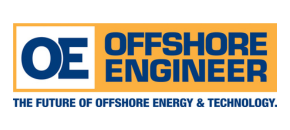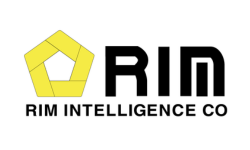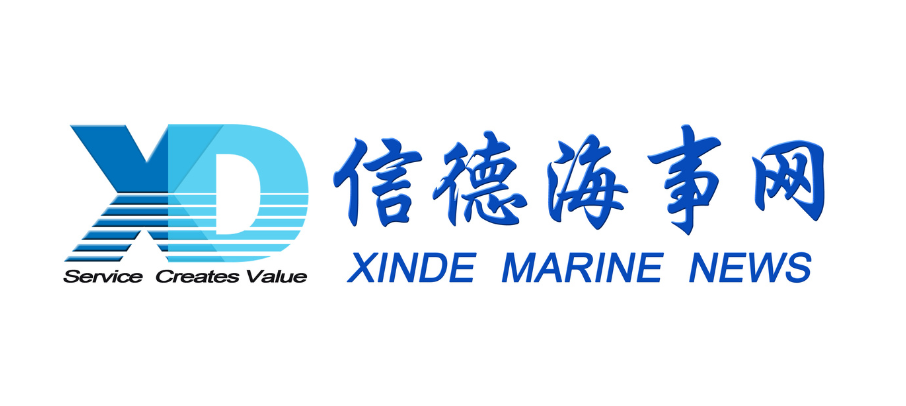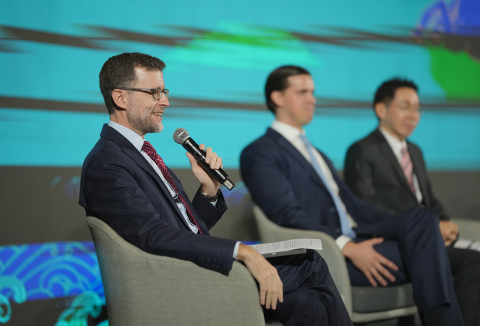Delivering Secure, Equitable and Sustainable Energy through Decarbonisation
To advance global decarbonisation goals, businesses, political decision makers, and innovators must mobilise their knowledge, expertise, and resources to move from consensus to action on emissions reduction.
The Decarbonisation area at Future Energy Asia will spark the disruptive thinking needed to deliver high-impact solutions for energy sustainability, bridging the gap between finance and innovation to unlock new investments in our collective energy future.
Achieving decarbonisation requires a comprehensive, global approach that addresses energy production and consumption across diverse sectors such as buildings, transportation, industry and power systems.
The Decarbonisation Zone and Theatre will showcase solutions and tackle topics including the transition to renewable energy sources, enhancing energy efficiency across sectors, implementing carbon pricing mechanisms, investing in carbon capture technologies and optimising, electrifying, and decarbonising energy systems.
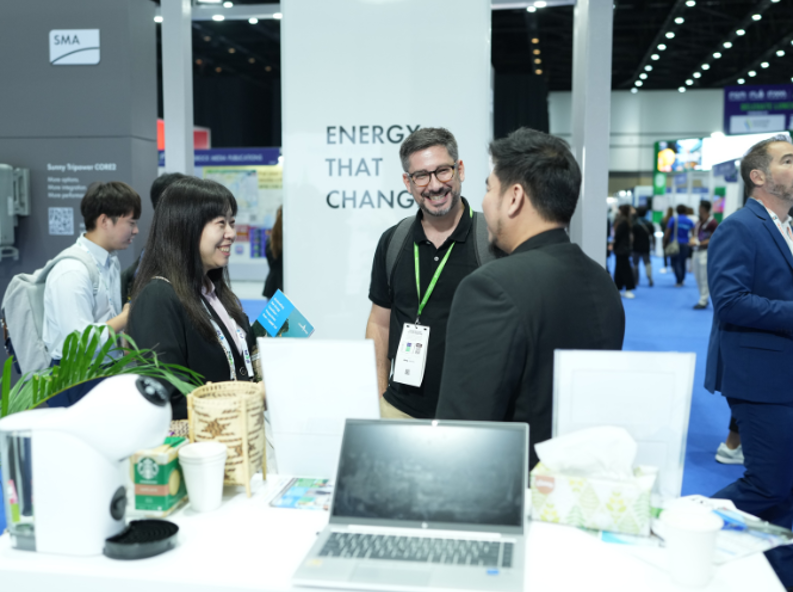
Secure Your Participation
Position your brand as a decarbonisation leader within the Asian market, aligning with Future Energy Asia’s mission to drive the transition to low-carbon energy.
Decarbonisation Exhibition Profile
Alternative Fuels
Carbon Capture, Utilisation and Storage
Emerging Energy Technologies
Emissions Intelligence
Emissions Reduction Technologies
Energy Efficient Technologies
Energy Storage Solutions
Electrification Solutions
Green Hydrogen Technologies
2025 Official Media Partner
Media Partners
A member of
dmg events global energy portfolio
Industry Overview
CCUS can reduce global emissions by up to 15% by 2070, with its deployment needing to increase by more than 100 times current levels by 2050 to meet global climate goals.
Market Insights
Decarbonisation has rapidly emerged as one of Asia’s most critical and commercially viable energy sector opportunities.
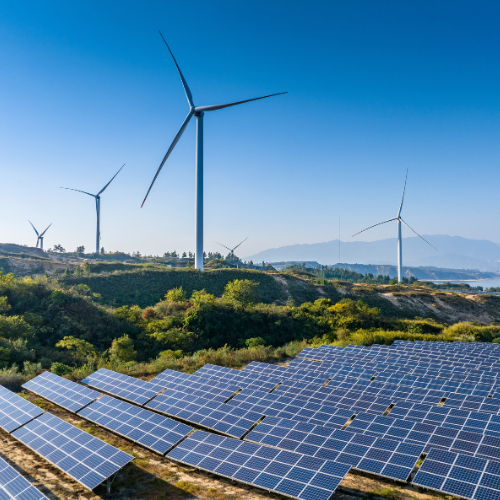
Surging Demand for Decarbonisation Technologies
- Investment Demand: According to the International Energy Agency (IEA), annual clean energy investment in Asia needs to grow by approximately 60% from today’s levels, reaching over $1.3 trillion by 2030, to meet net-zero commitments. This is driving substantial market opportunities for companies offering clean technologies, including renewables, carbon capture, hydrogen, and energy efficiency solutions.
- Corporate Climate Goals: Asian corporations, including many in heavy industries such as manufacturing and petrochemicals, are increasingly setting ambitious decarbonisation targets, spurred by both regulatory pressure and investor demand. These corporations are actively seeking technologies to lower their carbon footprint, making FEA a prime platform to showcase solutions to a motivated audience.
- Investment Demand: According to the International Energy Agency (IEA), annual clean energy investment in Asia needs to grow by approximately 60% from today’s levels, reaching over $1.3 trillion by 2030, to meet net-zero commitments. This is driving substantial market opportunities for companies offering clean technologies, including renewables, carbon capture, hydrogen, and energy efficiency solutions.
- Corporate Climate Goals: Asian corporations, including many in heavy industries such as manufacturing and petrochemicals, are increasingly setting ambitious decarbonisation targets, spurred by both regulatory pressure and investor demand. These corporations are actively seeking technologies to lower their carbon footprint, making FEA a prime platform to showcase solutions to a motivated audience.
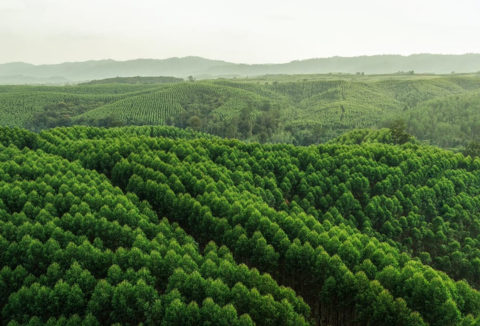
Government and Policy Support for Decarbonisation
- Policy Commitments and Net-Zero Pledges: Southeast Asian governments have committed to ambitious carbon reduction targets. Countries like Thailand, Indonesia, and Vietnam have announced specific net-zero deadlines (2050-2065), requiring investment in sustainable technologies to meet these goals.
- Carbon Pricing Mechanisms: Countries in Asia are beginning to implement carbon pricing, emissions trading schemes, and subsidies for decarbonisation technologies, creating financial incentives for businesses to invest in carbon reduction solutions. This regulatory push amplifies the demand for decarbonisation technology providers, which exhibitors at FEA can leverage.
- Policy Commitments and Net-Zero Pledges: Southeast Asian governments have committed to ambitious carbon reduction targets. Countries like Thailand, Indonesia, and Vietnam have announced specific net-zero deadlines (2050-2065), requiring investment in sustainable technologies to meet these goals.
- Carbon Pricing Mechanisms: Countries in Asia are beginning to implement carbon pricing, emissions trading schemes, and subsidies for decarbonisation technologies, creating financial incentives for businesses to invest in carbon reduction solutions. This regulatory push amplifies the demand for decarbonisation technology providers, which exhibitors at FEA can leverage.
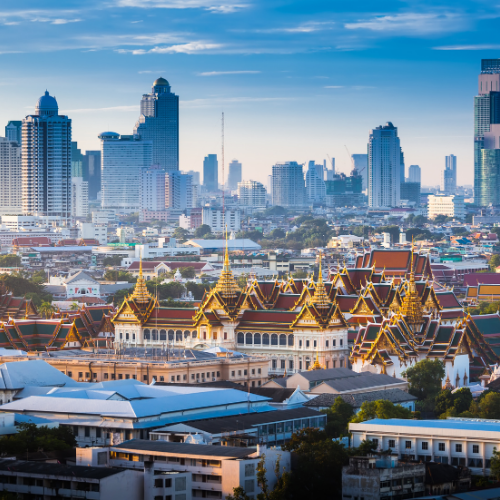
Regional Energy Security and Economic Growth
- Dependence on Coal: Southeast Asia remains one of the world’s most coal-reliant regions, with a heavy emphasis on fossil fuels to meet its fast-growing energy demand. Decarbonising the power sector by integrating renewable energy sources and low-carbon technologies is essential for reducing emissions without compromising energy security.
- Energy Demand Growth: Southeast Asia’s energy demand is set to grow by more than 60% by 2040, according to the ASEAN Centre for Energy. The transition to sustainable energy sources will not only reduce emissions but also create new economic opportunities in emerging technologies, positioning FEA as an ideal platform for companies looking to tap into Asia’s energy growth.
- Dependence on Coal: Southeast Asia remains one of the world’s most coal-reliant regions, with a heavy emphasis on fossil fuels to meet its fast-growing energy demand. Decarbonising the power sector by integrating renewable energy sources and low-carbon technologies is essential for reducing emissions without compromising energy security.
- Energy Demand Growth: Southeast Asia’s energy demand is set to grow by more than 60% by 2040, according to the ASEAN Centre for Energy. The transition to sustainable energy sources will not only reduce emissions but also create new economic opportunities in emerging technologies, positioning FEA as an ideal platform for companies looking to tap into Asia’s energy growth.
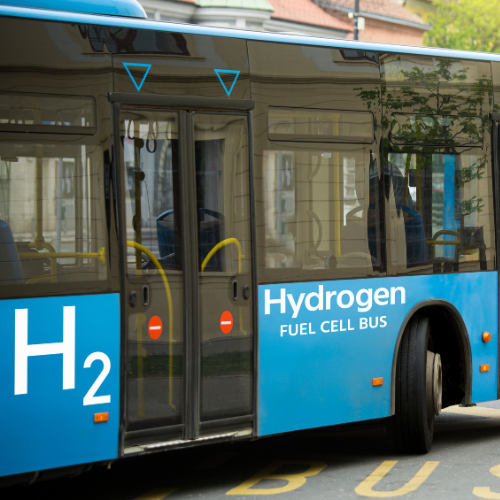
Opportunities in Carbon Capture, Utilisation, and Storage (CCUS) and Hydrogen
- CCUS Market Growth: The global market for carbon capture, utilisation, and storage (CCUS) is projected to grow by 20% annually, with Asia expected to be a major growth center due to government support and industrial needs. Exhibiting at FEA offers a strategic opportunity to promote CCUS innovations to industries across the value chain.
- Hydrogen as a Future Fuel: As a clean energy source with the potential for large-scale deployment, hydrogen is emerging as a key element in Asia’s energy transition. Japan, South Korea, and Australia have invested heavily in hydrogen, and several Southeast Asian nations are following suit. The demand for hydrogen production, transport, and storage solutions at FEA presents an appealing opportunity for exhibitors in this space.
- CCUS Market Growth: The global market for carbon capture, utilisation, and storage (CCUS) is projected to grow by 20% annually, with Asia expected to be a major growth center due to government support and industrial needs. Exhibiting at FEA offers a strategic opportunity to promote CCUS innovations to industries across the value chain.
- Hydrogen as a Future Fuel: As a clean energy source with the potential for large-scale deployment, hydrogen is emerging as a key element in Asia’s energy transition. Japan, South Korea, and Australia have invested heavily in hydrogen, and several Southeast Asian nations are following suit. The demand for hydrogen production, transport, and storage solutions at FEA presents an appealing opportunity for exhibitors in this space.

Increased Private Sector Investment and Innovation
- Corporate Renewable Energy Purchasing: Large corporations, especially in sectors like technology, consumer goods, and manufacturing, are now procuring renewable energy at unprecedented rates. Companies are also looking to offset emissions through technologies that improve energy efficiency and reduce overall consumption, areas in which FEA exhibitors can provide solutions.
- Venture Capital and Private Equity: Investment in Asia’s clean energy startups and decarbonisation technologies is rising, with venture capital and private equity focusing on innovative solutions that can scale across industries. FEA offers a platform for these startups and emerging companies to showcase their capabilities, attract investment, and partner with established energy players.
- Corporate Renewable Energy Purchasing: Large corporations, especially in sectors like technology, consumer goods, and manufacturing, are now procuring renewable energy at unprecedented rates. Companies are also looking to offset emissions through technologies that improve energy efficiency and reduce overall consumption, areas in which FEA exhibitors can provide solutions.
- Venture Capital and Private Equity: Investment in Asia’s clean energy startups and decarbonisation technologies is rising, with venture capital and private equity focusing on innovative solutions that can scale across industries. FEA offers a platform for these startups and emerging companies to showcase their capabilities, attract investment, and partner with established energy players.
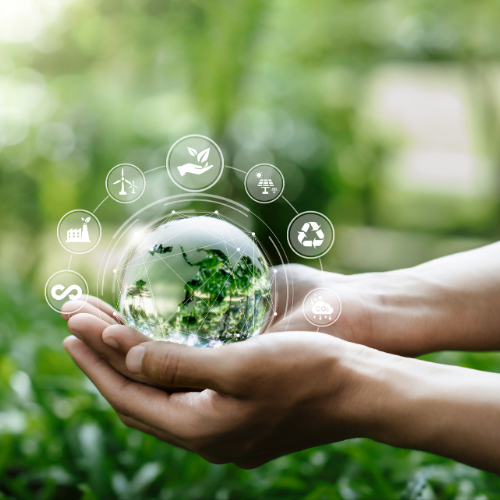
Geopolitical and Trade Drivers
- Regional Collaboration and Cross-Border Trade: Initiatives such as the ASEAN Power Grid highlight the region’s commitment to energy integration and security. A cross-border approach to decarbonisation requires harmonised technologies, regulatory frameworks, and infrastructure that companies exhibiting at FEA can address.
- Demand for LNG and Renewable Energy Mix: With growing energy demand and the transition from coal, LNG is expected to play a pivotal role as a bridge fuel. However, blending LNG with renewable sources and integrating carbon capture are essential to meet sustainability goals, reinforcing the importance of decarbonisation technologies showcased at FEA.
- Regional Collaboration and Cross-Border Trade: Initiatives such as the ASEAN Power Grid highlight the region’s commitment to energy integration and security. A cross-border approach to decarbonisation requires harmonised technologies, regulatory frameworks, and infrastructure that companies exhibiting at FEA can address.
- Demand for LNG and Renewable Energy Mix: With growing energy demand and the transition from coal, LNG is expected to play a pivotal role as a bridge fuel. However, blending LNG with renewable sources and integrating carbon capture are essential to meet sustainability goals, reinforcing the importance of decarbonisation technologies showcased at FEA.
Outcomes for Decarbonisation by Future Energy Asia
The introduction of a decarbonisation-focused exhibition and theatre has been designed to catalyse Asia’s energy industry by:
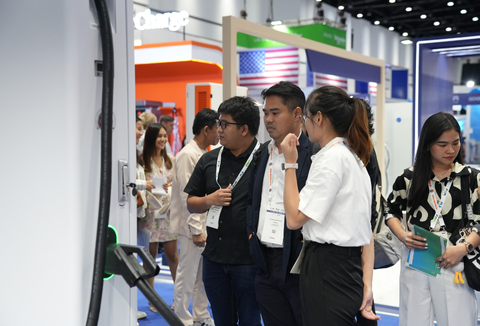
Accelerating Adoption of Low-Carbon Technologies
Exhibitors showcase proven solutions that can be readily deployed in Asia, accelerating adoption across key sectors.
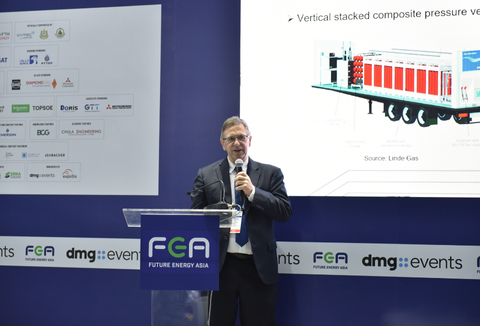
Building Regional Expertise and Competencies
Facilitates knowledge sharing, helping Asia to build regional capabilities essential for long-term energy security and sustainability.
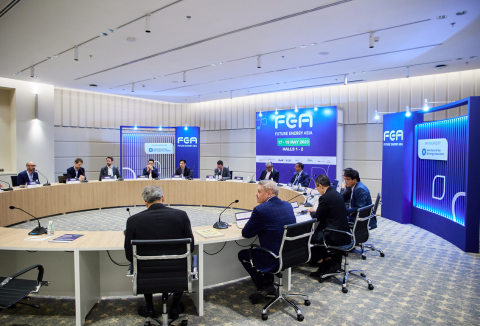
Enhancing Policy Alignment and Innovation Synergy
The dedicated platform fosters collaboration between policy and industry, enabling stakeholders to align on decarbonisation strategies and enhance practical innovation efforts.
Secure Your Participation
Position your brand as a decarbonisation leader within the Asian market, aligning with Future Energy Asia’s mission to drive the transition to low-carbon energy.















